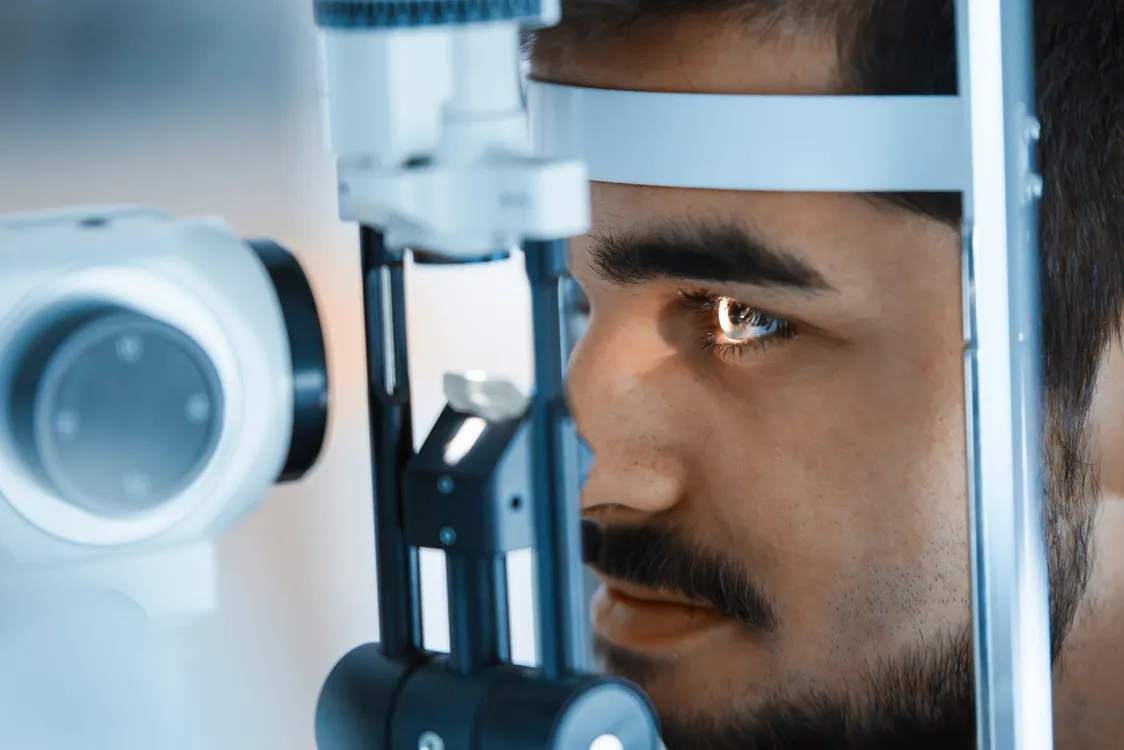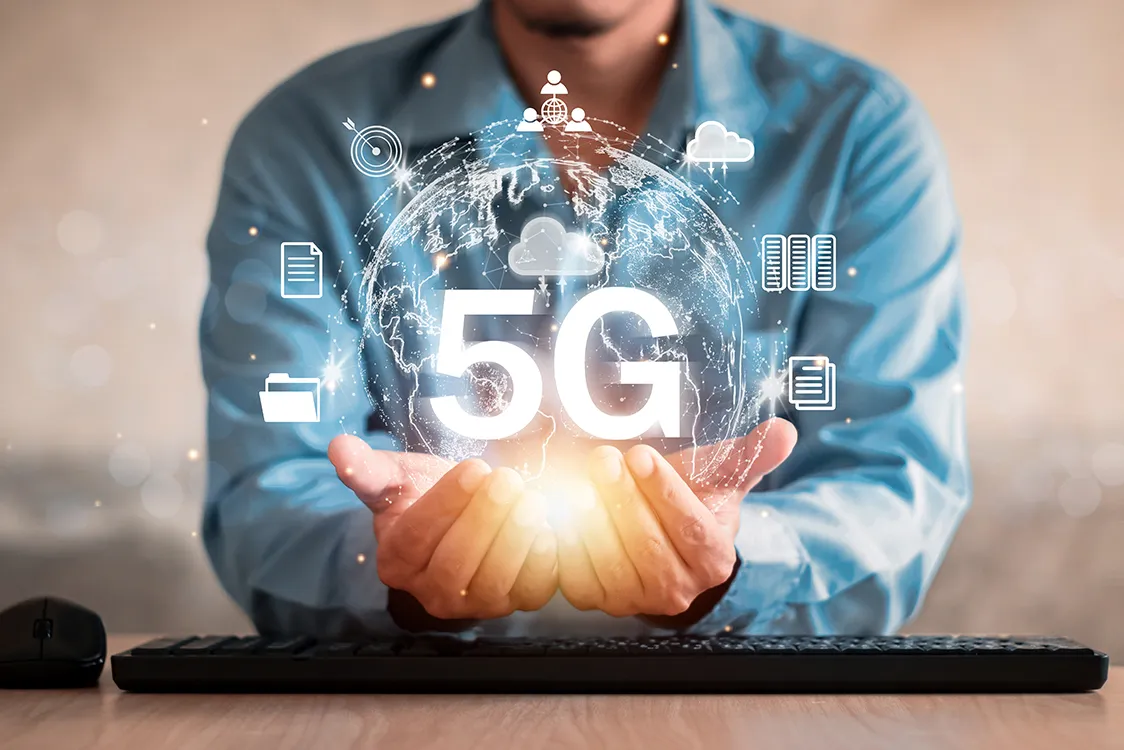“The on-device AI tells them whether the image is normal or abnormal, it is helpful because it is simple to use and can be operated by a semi-trained technician. Additionally, because it is portable, it can be easily transported to far-off places where access to ophthalmic healthcare is poor, “said Senior Ophthalmologist at Guruhasti Chikitsalya, Dr. Sahil Bhandari.
Samsung announced on Thursday that by the end of 2023, it hopes to have screened 150,000 people in India for eye diseases using its distinctive “EYELIKE Fundus” camera.
In collaboration with the International Agency for the Prevention of Blindness (IAPB), Yonsei University Health System (YUHS), and Lab SD, Samsung developed the camera.
Samsung has partnered with four eye hospitals to screen patients: Dr. Shroff’s Charity Eye Hospital in New Delhi, Aravind Eye Hospital in Pondicherry, Guruhasti Chikitsalya in Jodhpur, Rajasthan, and Sitapur Eye Hospital in Uttar Pradesh.
So far, Samsung has recycled nearly 200 units of outdated Galaxy smartphones and given the cameras to collaborators in India.
“The on-device AI tells them whether the image is normal or abnormal, it is helpful because it is simple to use and can be operated by a semi-trained technician. Additionally, because it is portable, it can be easily transported to far-off places where access to ophthalmic healthcare is poor, “said Senior Ophthalmologist at Guruhasti Chikitsalya, Dr. Sahil Bhandari.
An older Galaxy smartphone serves as the brain of the “EYELIKE” device, which uses images of the retina to improve the diagnosis of eye conditions like age-related macular degeneration, glaucoma, and diabetic retinopathy, if not detected in time, could result in blindness.
“Through the power of innovation, we have been able to transform lives thanks to programs like “Galaxy Upcycling.” Our partners have been able to offer patients in India quality eye screenings thanks to the “EYELIKE Fundus” Camera “, said Mohan Rao Goli, CTO of the Bangalore-based Samsung R&D Institute.
Older Galaxy devices are repurposed as handheld devices used to provide eye care in underserved communities as part of the “Galaxy Upcycling” program.
The Fundus image capture mechanism, the AI-based processing algorithm, the user interface (UI), and server-related operations were all developed by engineers at the Samsung R&D Institute in Bangalore.
The EYELIKE device scans retinal images and employs a precise AI-based algorithm on the phones to classify the images as normal or abnormal and identify diseases in them.





